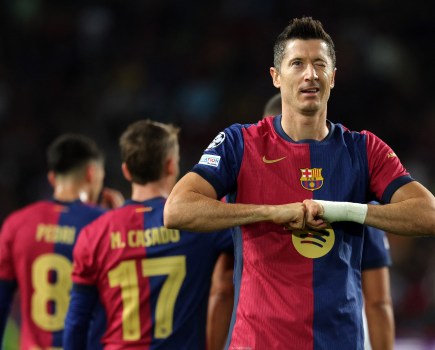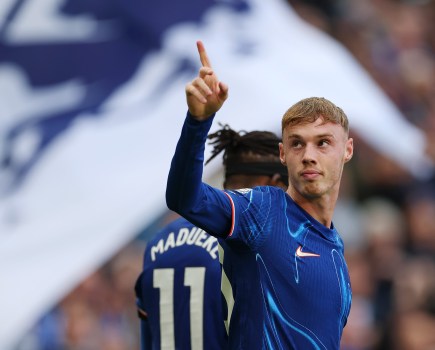 For the first time in living memory, England’s top three clubs all start the season with a new manager. David Moyes succeeds Alex Ferguson at the champions, Manchester United; across town, Manuel Pellegrini replaces the sacked Roberto Mancini at Manchester City; and Jose Mourinho returns to Chelsea.
For the first time in living memory, England’s top three clubs all start the season with a new manager. David Moyes succeeds Alex Ferguson at the champions, Manchester United; across town, Manuel Pellegrini replaces the sacked Roberto Mancini at Manchester City; and Jose Mourinho returns to Chelsea.
The last time the English top flight underwent such significant managerial change was almost four decades ago, in the summer of 1974. Back then, Don Revie left champions Leeds United for the England job, to be replaced by Brian Clough, albeit only for 44 days, while Bill Shankly retired from FA Cup-winners Liverpool. Manchester United, meanwhile, were preparing for their first and only post-war season in the second tier.
None of this season’s new managers are likely to have anything near the influence exercised by Ferguson at United, or indeed Revie or Clough, but this summer’s changes make for an unpredictable season ahead.
At Old Trafford, Moyes faces the unenviable task of moulding a team in his own image. The club’s owners, the reclusive Glazer family, will have been impressed by his frugal transfer dealings at Everton, but money is available to buy a creative midfielder.
Over at City, Pellegrini’s influence is clear with his new signings. The Chilean’s record in European competition, particularly with Villarreal and Malaga, suggests City will give a better account of themselves in the Champions League this season.
Mourinho was very keen to portray a more humble side to his character in his first press conference back at Chelsea, even attempting to feed a new line to the media by claiming: “I’m the happy one.” The dynamics of the Premier League have changed considerably since he left Stamford Bridge in October 2007, not least because of City’s emergence as the dominant power and the realities of Financial Fairplay, but Chelsea will be expected to compete for honours at home and in Europe.
Arsenal are much harder to predict, thanks to a lack of transfer activity, though there have been signs of a big-name signing – with Gonzalo Higuain, Wayne Rooney and Luis Suarez all mooted.
Mini-league contests
Tottenham Hotspur and Liverpool can also be expected to challenge for the European places, but below them the league remains open. In previous seasons, the division has divided into mini-league contests, but there is a danger this year of two tiers developing: the top six and the rest.
The success of the likes of Swansea City and West Bromwich Albion has shown how promoted teams can adapt successfully to life in the top flight. Southampton and West Ham United survived with relative ease last season, with more established clubs such as Aston Villa, Newcastle United and Sunderland flirting with the relegation places.
Despite the financial pulling power of the Premier League, a number of potential star signings rejected England in favour of France and Germany, forcing clubs to scout more resourcefully. The approach has been more Moneyball than moneybags.
Serious money has still been spent – Andreas Cornelius (Cardiff, £8million), Ricky Van Wolfswinkel (Norwich, £8.7m), Victor Wanyama (Southampton, £12.5m) and Wilfried Bony (Swansea City, £11m) – but the emphasis has been on players with sell-on value.
The league champions will come from a select group, and the days of a Clough or Revie leading a side from the second tier to the title are long gone. But there may still be a few surprises in store.
By Gavin Hamilton
Season starts: August 17, 2013
Season ends: May 11, 2014






